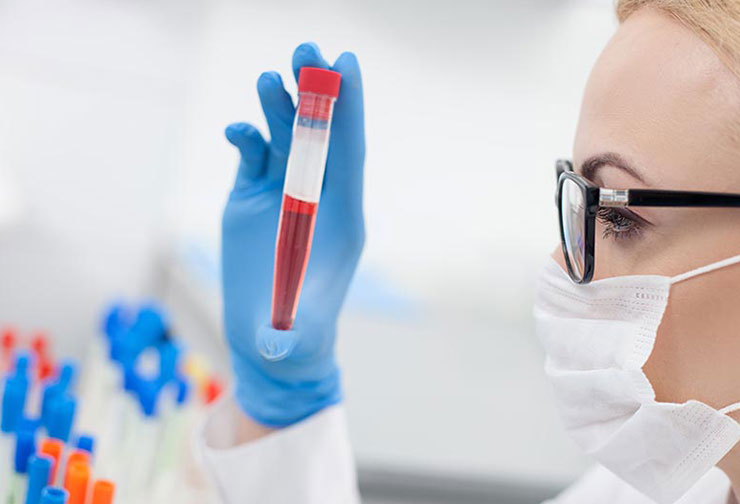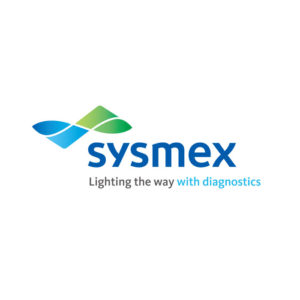Ở châu Á, tỷ suất hiện mắc bệnh thận tất cả các nhóm đang tăng nhanh hơn các nước phát triển ở phương Tây một phần do tình trạng gia tăng tỷ lệ bệnh tiểu đường và tăng huyết áp. Trên khắp lục địa, dân số bệnh nhân mắc bệnh thận giai đoạn cuối cần lọc máu đang tăng với tốc độ hàng năm hơn 12%. Sự tăng trưởng nhanh chóng này đã được chứng minh là tốn kém chi phí.

Hầu hết các bệnh thận không được điều trị hoặc không được phát hiện trong giai đoạn sớm nhất và tốn kém chi phí để kiểm soát khi bệnh tiến triển đến suy thận giai đoạn cuối. Có một loạt các tiến bộ công nghệ trong điều trị và quản lý bệnh thận, nhưng điều mà nhiều bác sĩ lâm sàng và y tế chính phủ hy vọng bây giờ là phát hiện sớm bệnh. Nhận diện rối loạn chức năng thận trong giai đoạn sớm nhất sẽ có tác động lớn nhất để giảm gánh nặng kinh tế và xã hội.


